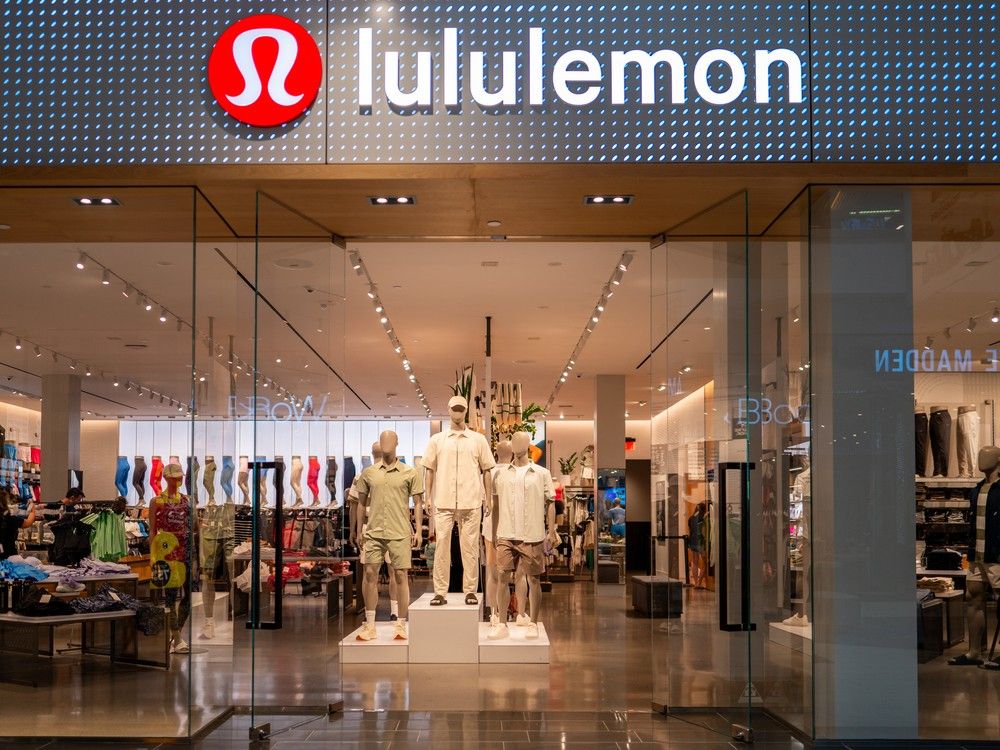
Layoffs and reduced expectations at Vancouver apparel retailer Lululemon Athletica could be an indicator of tougher times generally for the entire sector at a time when consumers are becoming more pessimistic, according to one retail analyst.
On Wednesday, Lululemon said it is laying off 150 employees at store support centres as it also reduced forecasts for profits for the year due to the challenging tariff environment imposed by U.S. President Donald Trump’s global tariff war.
The company is still expecting per-share profits of $14.58 US and $14.78 US per year, but if it is expecting sales to stagnate, it is likely Lululemon will want to show that it is taking control of what it can, said retail analyst David Ian Gray of the firm Dig360.
“What you can do in a stagnant growth mode or a declining growth mode is work on your efficiencies, work on the cost side of the business and kind of maintain your bottom line,” Gray said.
Generally, Canadian retailers have seen sales hold up in recent months, with Statistics Canada reporting retail sales of $70 billion in March, 5.6 per cent higher than in the same month a year ago. B.C. accounted for $9.4 billion of those March sales, which was a 4.7 per cent increase from a year ago.
Greg Wilson, director of government relations for B.C. at the Retail Council of Canada, said results have been mixed. January and February were slow, but March results were good and the council expects April will be good as well, based on what they’re hearing from members.
“Now, that said, B.C., they’d all say it was good, not remarkable by any means, just good,” Wilson said. “But in the context of a tough economy, good is a pretty nice place to be.”
Lululemon, however, has started to see lower in-store traffic, particularly in the U.S., company CEO Calvin McDonald said on the firm’s latest conference call.
The Conference Board of Canada’s consumer confidence index has bounced back from an all-time low of 44.2 in March to 52.9 per cent in May, signalling a perception that uncertainties posed by global economic conditions have stabilized.
Confidence, however, remains below the average rating and Gray said a lack of confidence lines up with consumers becoming “budget conscious,” sticking to needs and foregoing wants, or at least substituting lower-cost items for premium brands.
“Even in terms of job stability and things like that, there are a lot of concerns,” Gray said.
In its financial results earlier this month, the company said it planned strategic price increases as it deals with U.S. tariffs — passing along some of the costs to its customers.
The price increases on products are expected to be modest and only apply to a few Lululemon products, but they reflect the lengths the business is having to go to shield itself from Trump’s trade war and the pressure it’s putting consumer spending, Meghan Frank, the company’s chief financial officer, told analysts on a June 5 call.
With files from The Canadian Press